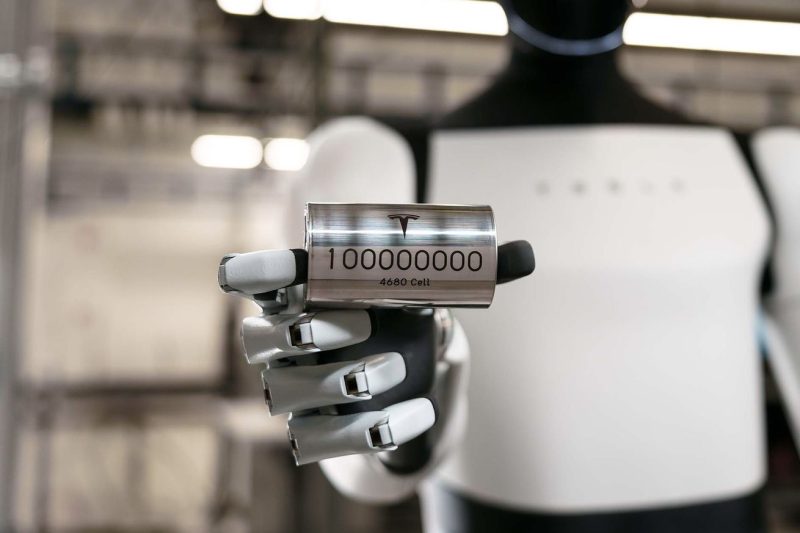
Elon Musk’s 4680 Cell Predicted to Fail by World’s Largest Battery Maker
In a recent development in the electric vehicle (EV) industry, the world’s biggest battery maker has expressed skepticism about the future success of Elon Musk’s 4680 battery cells. This innovation, heralded by Musk as a game-changer in the EV market due to its potential for increased energy density and lower costs, is now facing doubt from a significant player in the battery industry.
Contemporary Amperex Technology Co. Limited (CATL), a leading Chinese battery manufacturer, has raised concerns regarding the viability of Musk’s 4680 cell technology. While Musk has been enthusiastic about the potential of these larger-format batteries in driving down costs and improving performance in Tesla vehicles, CATL has warned that the technology may not be as revolutionary as claimed.
The skepticism from CATL stems from their observation that the 4680 battery cells may fail to deliver the promised performance and cost benefits when scaled up for mass production. CATL has highlighted challenges related to the manufacturing process, energy density, and safety standards that could hinder the widespread adoption of the new battery technology.
One of the key issues raised by CATL is the scalability of the 4680 cell production. While Musk has projected ambitious targets for the output of these batteries, CATL questions whether the necessary infrastructure and supply chain support are in place to achieve such scale. The complexity of manufacturing the larger-format cells could lead to production bottlenecks and quality control issues that may impact their overall performance and reliability.
Moreover, CATL has expressed doubts about the energy density of the 4680 cells and their long-term durability. The company suggests that Musk’s claims about achieving higher energy density and longer lifespan with these batteries may be overly optimistic, especially when considering real-world usage scenarios and the need for consistent performance over time.
Safety concerns have also been highlighted by CATL, who emphasize the importance of stringent safety standards in battery production. The 4680 cells’ larger size and increased energy capacity raise questions about their susceptibility to overheating and other safety hazards, which could pose risks to both users and manufacturers if not adequately addressed.
While Elon Musk and Tesla remain confident in the potential of the 4680 battery cells to revolutionize the EV market, the skepticism from a major industry player like CATL serves as a reality check for the feasibility of this technology. As the competition in the EV sector intensifies and the demand for sustainable energy solutions grows, the success of the 4680 cells will depend on their ability to overcome the challenges raised by companies like CATL and deliver on their promise of a more efficient and cost-effective battery solution.
